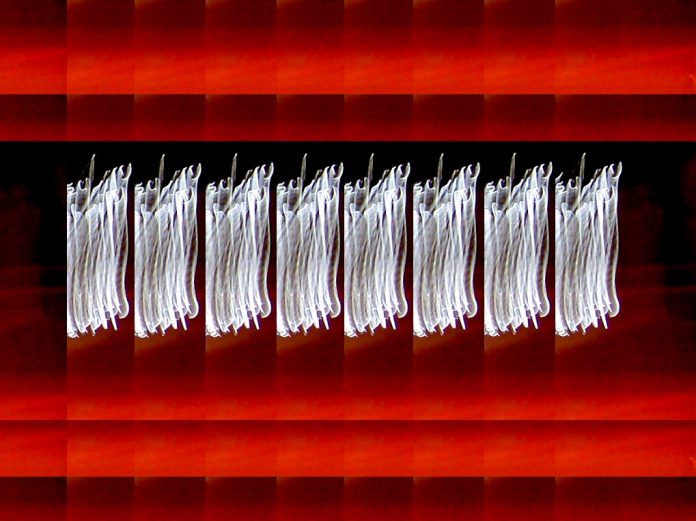The fifth review of the European Union anti-money laundering directive became binding on July 9 after two years of EU talks to strengthen controls on the real owners of companies and digital payments, including virtual currencies.
However, the new rules could be rendered obsolete already. They do not address new gaps exposed by a series of banking scandals this year in Latvia, Estonia and Malta.
As reported by the Reuters news agency, the adopted overhaul requires states to set up centralised bank account registers to smooth the work of security forces. But the national “financial intelligence units” remain weak and rarely cooperate, making it easier for criminals to get away with illegal proceeds when they transfer them across borders.
“The Commission cannot hesitate any longer in bringing forward a legislative proposal for a European anti-money laundering authority,” EU lawmaker Sven Giegold said on July 9.
The European Parliament has asked the European Central Bank to step up its anti-money laundering checks under current rules before new reforms can be adopted.
Responding to the mounting pressure, Brussels has created a group of banking watchdogs that is expected to improve “practical coordination of anti-money laundering supervision”.
According to Reuters, while new ideas are expected by the end of the year, a fresh legislative crackdown is unlikely until a new European Parliament takes office after next spring’s elections.
Meanwhile, two-thirds of the EU governments have not yet applied the previous, fourth review of anti-money laundering rules which entered into force in 2015.

